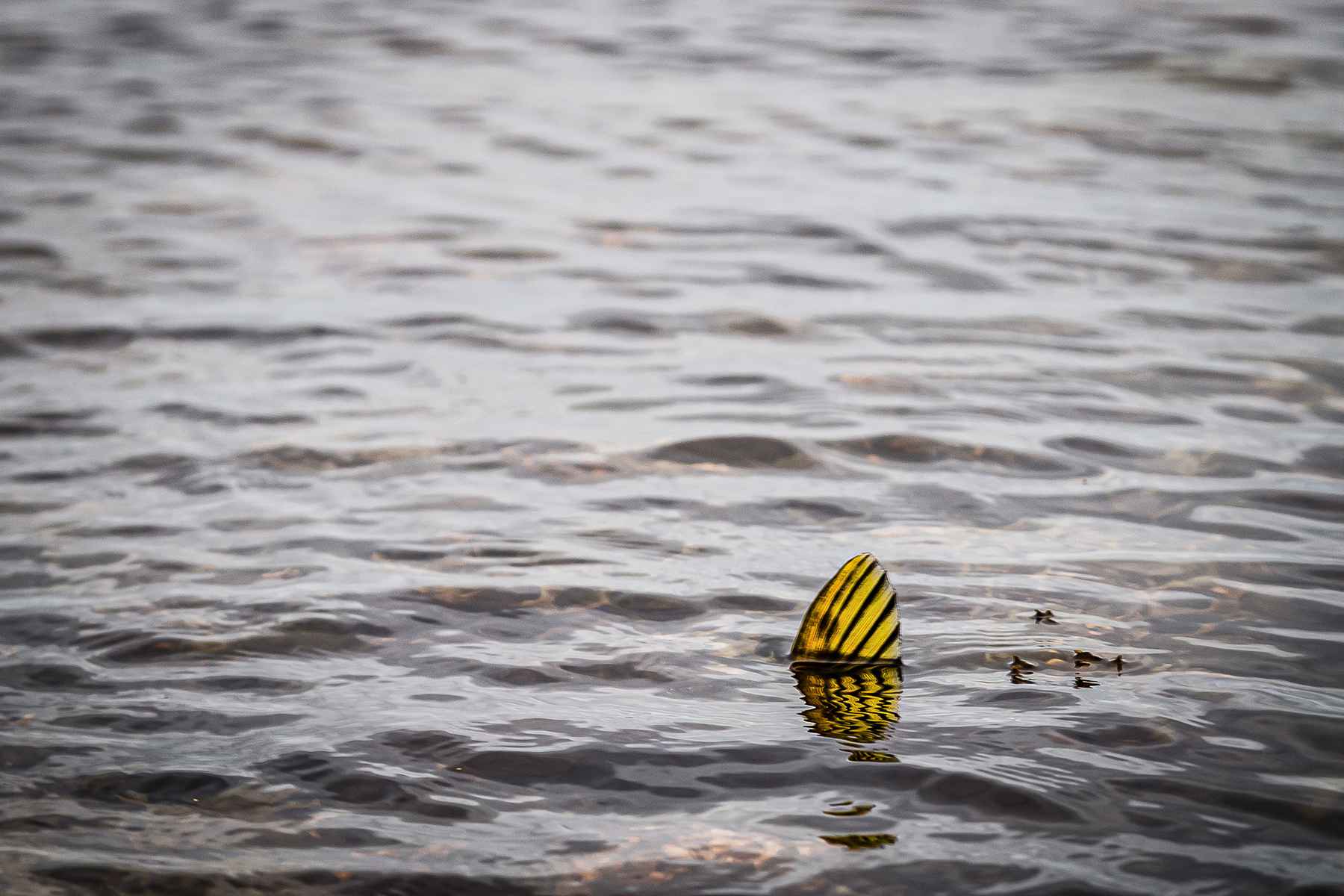I get you too, and I do admire the work on some level. I still believe the term invasive has been humanized in that it was chosen by humans for an emotional response not a scientific one. The Latin root after all means to attack or assault, right? Enter in a hostile manner and so on. So that is equally humanized in my opinion.
Well I certainly can’t argue about the latin root and I take your word that it does mean to attack or assault but I would argue its more of an observed response than an emotional one because brown trout do assault and attack brook trout when they eat them or attack them until they displace them from prime habitat. That is the end result of what Kurt Fausch and White observed in 1981 in their landmark paper demonstrating displacement.
I would argue peoples emotions are more on the side of the brown trout rather than the brook trout because fly fishings renaissance of writing publications and books happened after they already invaded our streams and they were romanticized. Then came the false statements about brook trout couldn’t love in any of these brown trout streams, a convenient myth considering brown trout had become the sports darlings. The emotion still persists today but I will see I am seeing momentum for native brook trout and native fish species like never before that wasn’t there last century.
Currently
1. DCNR has called PFBC to a workgroup to discuss reforming the stocking of invasive trout species in their forests, wild areas, and state parks where the agencies stated goals are “conserving native biodiversity”. Their policy department is involved so if PFBC doesn’t play ball DCNR may have some legal teeth given certain PA codes.
2. Tom Rosenbauer who absolutely hates the fact that brown trout are invasive species was essentially forced to have bob mallard on his podcast after TU’s Kirk Deeter embarrassed his organization by poo pooing multiple native fish restoration projects and attempted to provide false information contrary to what fisheries scientists are saying(even TU’s fisheries scientist). The reason is Tom got so many outraged calls and irate e-mails from customers he had to back pedal like Deon Sanders. That flat out would not have happened 20 years ago, support for native trout/fish wasn’t there.
3. North American fly angler has hd a number of conservation articles highlighting removals of invasive trout that saved rare cutthroat’s, goldens gillas ect. Its being well received when it would not have years ago.
4. My article in fly fisherman magazine recognizing brown and rainbow trout as invasive species this past winter and calling for stocking reform was an article that Ross and Denis at the fly fishermen were passionate about getting out there wven though they love fishing for brown and rainbow trout as I do, they felt the conservation considerations were critica for people to understand where we can protect narive speices. Lol look at the letter to the editor this month. Instead of people mad I correctly recognized brown and rainbow trout as invasive their pissed off I did not include a call to action in my article! Lol. I’m delighted thats the response we got.
5. You saw John Arway post on social media that DEPis prioritizing listing streams for protections with native brook trout and putting brown trout streams 2nd priority citing their invasive status as per conversations with those with access to conversions about whats going into their decisions. This would NEVER have happened 20 years ago
6. people in other states are seeing removal projects where invasive trout are removed and brook trout explode with ZERO stream alterations proving the invasive trout were the deal breaker not the stream. Other state DNR’s are putting this on Youtube and its getting views. The myths and urban legends are beginning to be debunked in many cases and the conversation is changing.
7. Biggest of all PFBC is in a corner that they were not in 10 years ago and they feel the heat. DCNR is knocking on the door saying we don’t want your invasive species coming across our lands to get dumped into streams, articles/podcasts are calling out their mismanagement, their openly in defiance of their own state wild life action plans for brook trout and doing the opposite, they don’t know how many brook trout streams they have lost to brown trout and thats a deliverable in the trout management plan coming due, their broke due to hatcheries, their jacking up license fees, and now I am happy to say we got them lying on television that brown trout are not an invasive species when their own wild life action plan and the whole scientific community says their lying.
They would not even have addressed any of this 10 years ago. They wouldn’t even generate a response because it was too esoteric and no science communication was happening and the public was oblivious. But these days now their lying publicly on television when asked about invasive trout by reporters and putting out desperate false statements and having to answer to other state agencies and non profits asking them what the hell their doing.
We are seeing support for native trout and other native fish labeled as “rough fish” like never before.
All that going in the right direction and its all because we started recognizing brown and rainbow trout as invasive and holding those stocking them accountable. With the knowledge that brown trout in Penns, little J, Big fishing, kish, BFC, lehigh, lackawana, allegheny, yellow creek, frankstown branch, letort and others are not going anywhere I think people will be able to see this is a good thing even if your passionate about fishing for invasive brown trout as I certainly am and you are too.
And we don’t have to hate them at all to recognize what they are. I don’t want to see invasive brook trout in native brown trout streams in iceland. I love brown trout as a species and am fascinated with conservation efforts for them in their native range






